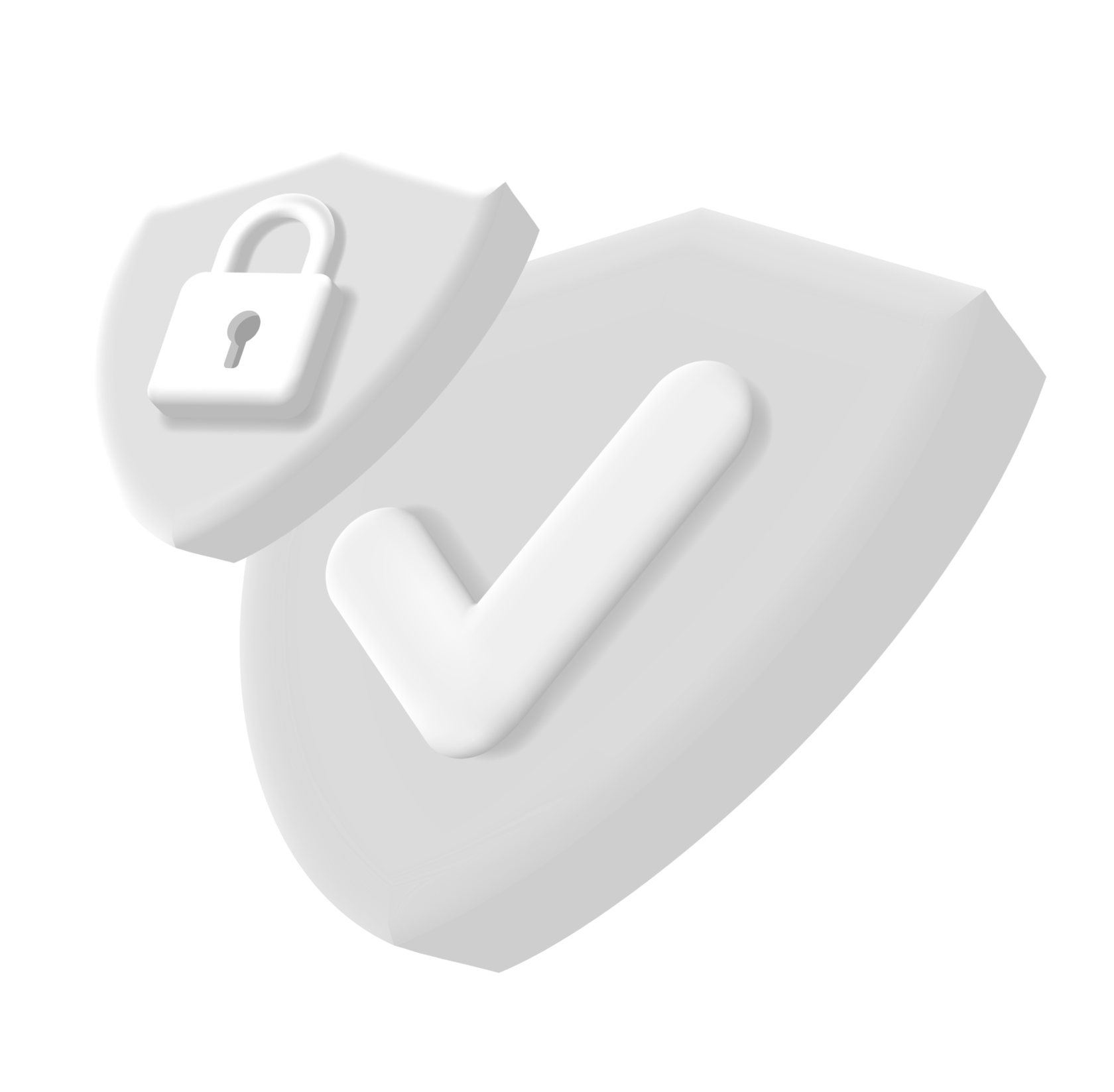Crypto AML: the end of anonymity

If you are a law-abiding user, then this article will help you the avoid the blocking of your account on the exchange or wallet. You will definitely have heard such phrases as drirty crypto and clean crypto. Dirty cryptocurrency is digital assets stolen from exchanges or used for criminal purposes. For example, they might be payments for drugs or weapons. Almost any coin can be dirty. Accordingly, clean tokens do not have a criminal record. Tokens that have just been calculated can be 100% clean. Buyers prefer them more and they cost more. Everything else will need to be checked.
Durty crypto money cannot be verified on major exchanges. Attempts to buy or sell such cryptocurrency are blocked. KYC AML crypto protocols are used to determine the purity of coins. Of course, criminals are aware of this and are eager to make their criminal tokens legitimate. For this, so-called mixer programs are used. They mix clean and dirty coins, resulting in the token becoming partly dirty and partly clean. Also, to clear tokens, transactions are divided into small parts and processed through unregulated platforms, gambling platforms, prepaid cards, and cryptocurrency ATMs. Often compromised assets are sold at a deep discount. If you come across a partially dirty token the exchange can block your account.
Problems with dirty coins
If the exchange finds dirty coins in your wallet all the assets in it will be compromised, and the wallet itself will be blacklisted. Trading platforms will not understand exactly which coins were used by criminals and will automatically count all coins in the wallet as having been used in illegal activities. If it is a user's wallet coins from it will not be accepted on any regulated platform. Exchanges crosscheck data on stolen coins with one another, conduct AML checks, and blacklist stolen assets and compromised wallets.


How to do an AML check ?
In order to track suspicious transactions exchanges mainly use third-party solutions to streamline their AML processes. The most popular solutions are Chainalysis, CipherTrace, and Elliptic. They are used by regulated exchanges and exchangers - as well as law enforcement agencies. There is also a built-in AML check in the BitOK crypto service. It checks transactions for dirty crypto and notifies users if it finds it.
According to the AML directive cryptocurrency from the FATF, all countries had to introduce rules preventing money laundering using cryptocurrencies into their laws in 2020. In addition, leading Western countries are carrying out AML crypto enforcement action. The basis of these actions is to confirm the identity of the user so that through it it is possible to track the transaction history of a particular coin. AML in traditional financial services uses data about the identity of the owner and does not require knowledge of all transactions within the system for enforcement. The Bitcoin ecosystem, in contrast, provides regulators and law enforcement with anonymous wallets that are not easily linked to identified individuals, but at the same time, the blockchain offers the police a complete picture of every transaction made in the system.
However, some jurisdictions and exchanges do not regulate the purity of coins in any way. There is a huge dark market for transactions where users exchange compromised tokens in parallel with the usual one. These are not always criminal operations: many crypto users just want to maintain their anonymity. For an ordinary user anonymity and crime are the same in this case. If you are a law-abiding user you shouldn't make transactions in this field. Such transactions carry only risks for you and no profit.
According to the AML directive cryptocurrency from the FATF, all countries had to introduce rules preventing money laundering using cryptocurrencies into their laws in 2020. In addition, leading Western countries are carrying out AML crypto enforcement action. The basis of these actions is to confirm the identity of the user so that through it it is possible to track the transaction history of a particular coin. AML in traditional financial services uses data about the identity of the owner and does not require knowledge of all transactions within the system for enforcement. The Bitcoin ecosystem, in contrast, provides regulators and law enforcement with anonymous wallets that are not easily linked to identified individuals, but at the same time, the blockchain offers the police a complete picture of every transaction made in the system.
However, some jurisdictions and exchanges do not regulate the purity of coins in any way. There is a huge dark market for transactions where users exchange compromised tokens in parallel with the usual one. These are not always criminal operations: many crypto users just want to maintain their anonymity. For an ordinary user anonymity and crime are the same in this case. If you are a law-abiding user you shouldn't make transactions in this field. Such transactions carry only risks for you and no profit.

























